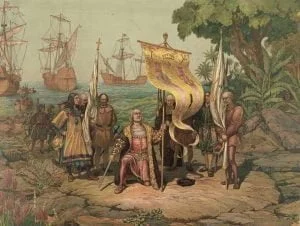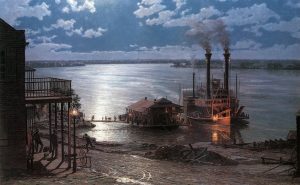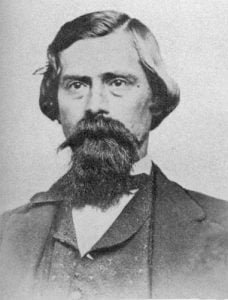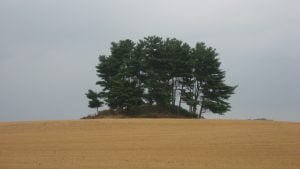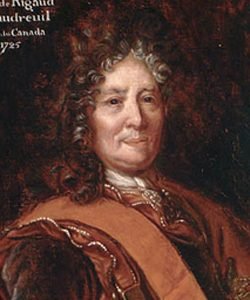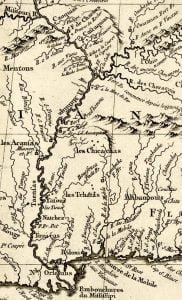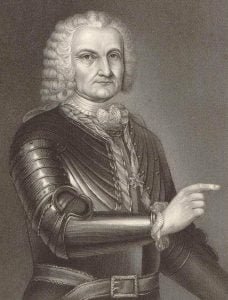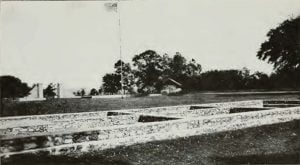The Discovery Of This Continent, it’s Results To The Natives
In the year 1470, there lived in Lisbon, a town in Portugal, a man by the name of Christopher Columbus, who there married Dona Felipa, the daughter of Bartolome Monis De Palestrello, an Italian (then deceased), who had arisen to great celebrity as a navigator. Dona Felipa was the idol of her doting father, and often accompanied him in his many voyages, in which she soon equally shared with him his love of adventure, and thus became to him a treasure indeed not only as a companion but as a helper; for she drew his maps and geographical charts, and also … Read more

